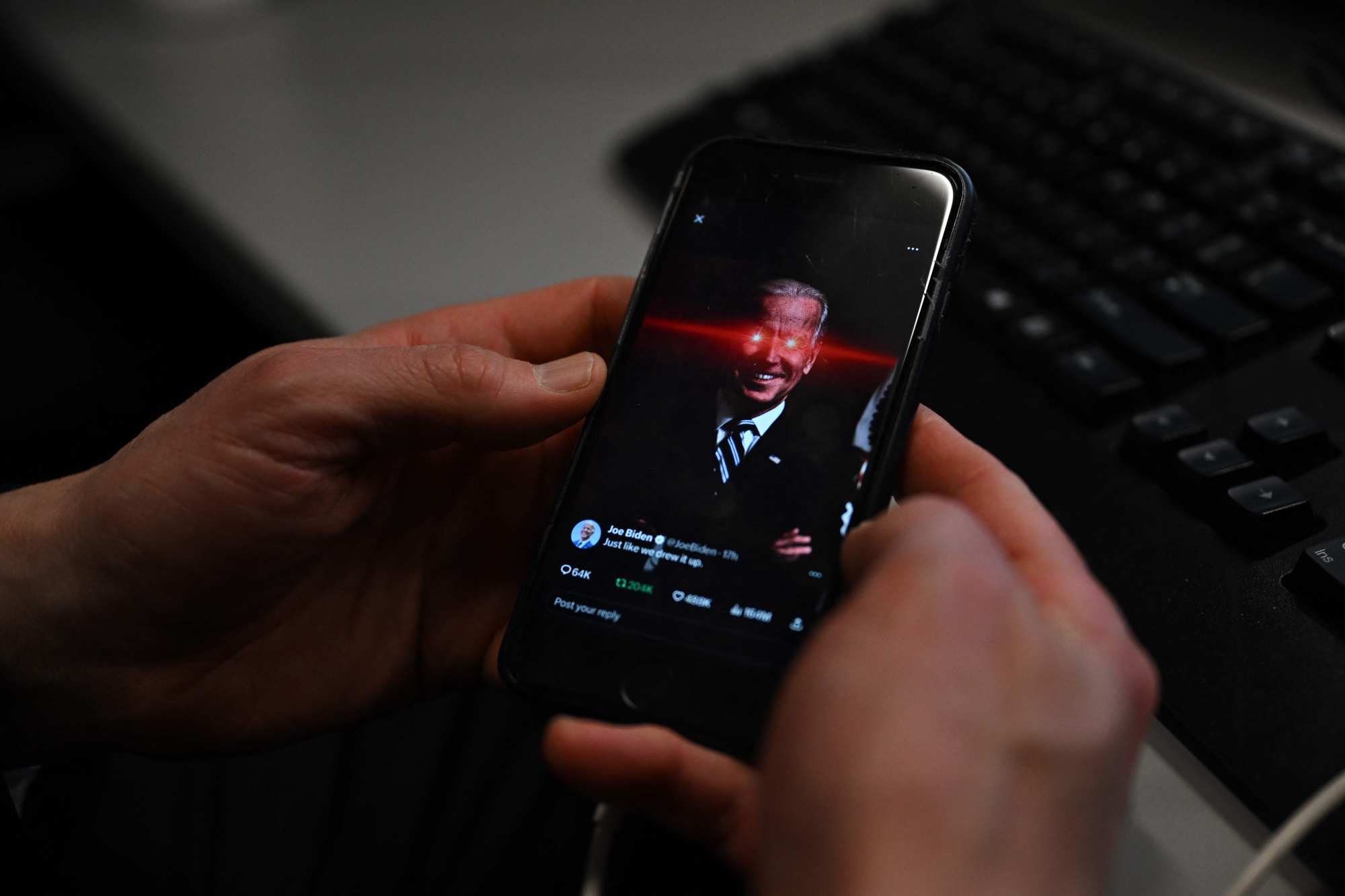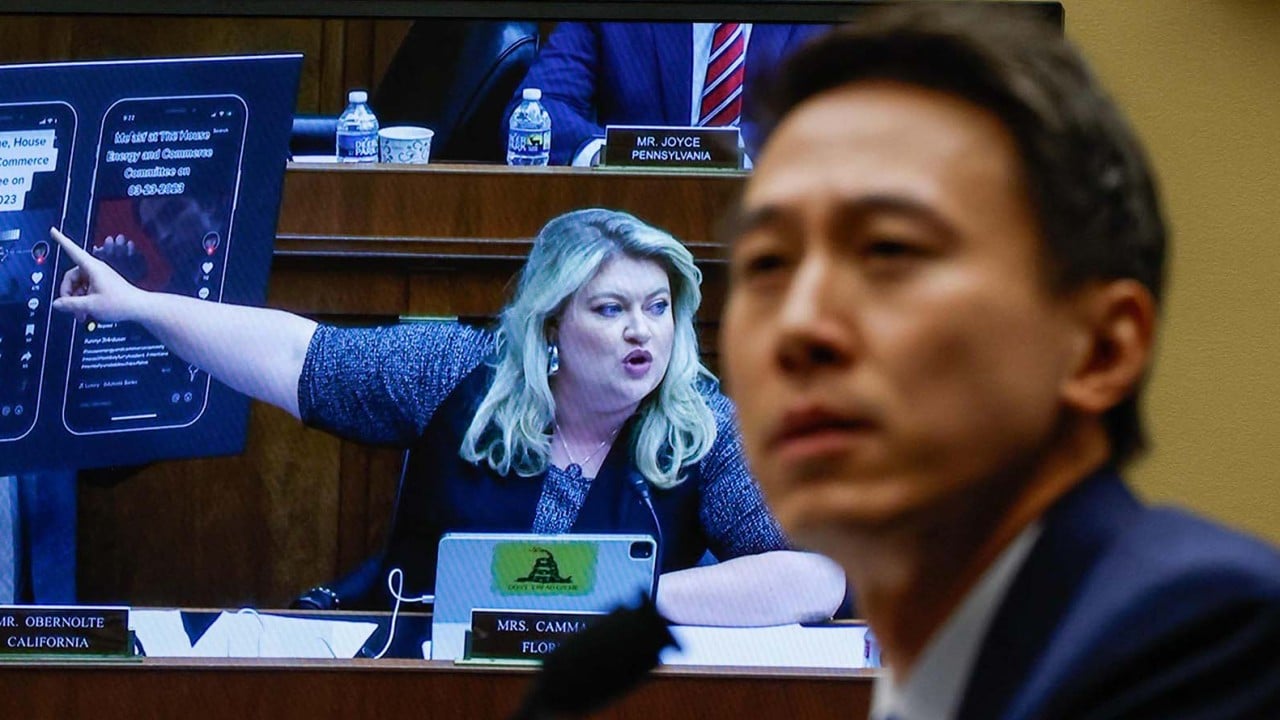Hu Xijin, former editor-in-chief of nationalist tabloid Global Times, said in a Sunday post on X that he supports “TikTok’s tough response”. Global Times is affiliated with People’s Daily, the mouthpiece of China’s ruling Communist Party.
“TikTok doesn’t just stay still and wait for death,” Shanghai Observer, a news site under state-owned newspaper Liberation Daily, wrote a Friday report. “It has mobilised its users to fight back”.
TikTok’s response this time around reflects some of the tactics used by US tech giants in a previous era of internet legislation. In 2012, several of the largest American platforms including Google, Reddit and Firefox developer Mozilla blacked out their websites or logos in response to an anti-piracy bill they argued would stifle internet freedom.
One Weibo user nicknamed XuGuliang pointed to another case in 2014, when Uber successfully lobbied against state legislation in Virginia by mobilising its users to fight back.
In recent years, however, internet platforms have been put on the defensive with a flurry of legislative proposals and regulations globally designed to curtail their influence and market power. These concerns are only heightened around TikTok in the US, where lawmakers worry the platform is unable to operate independently of Beijing.
“Flooded with calls, US officials may become more determined to stifle [TikTok],” wrote a Weibo user who goes by Roc_Xu.
Nearly a fifth of TikTok’s users are below the voting age of 18 years old, according to one estimate from Affable.ai in June 2023.

The new bill from the US House of Representatives would require that app distribution platforms like Apple’s App Store and Google Play remove “foreign adversary controlled applications, such as TikTok” or other applications deemed to be controlled by people or entities based in or primarily operating out of countries considered adversaries.
With Biden now championing the bill, Trump – again the presumptive Republican nominee for this year’s presidential election – has reversed his stance.
